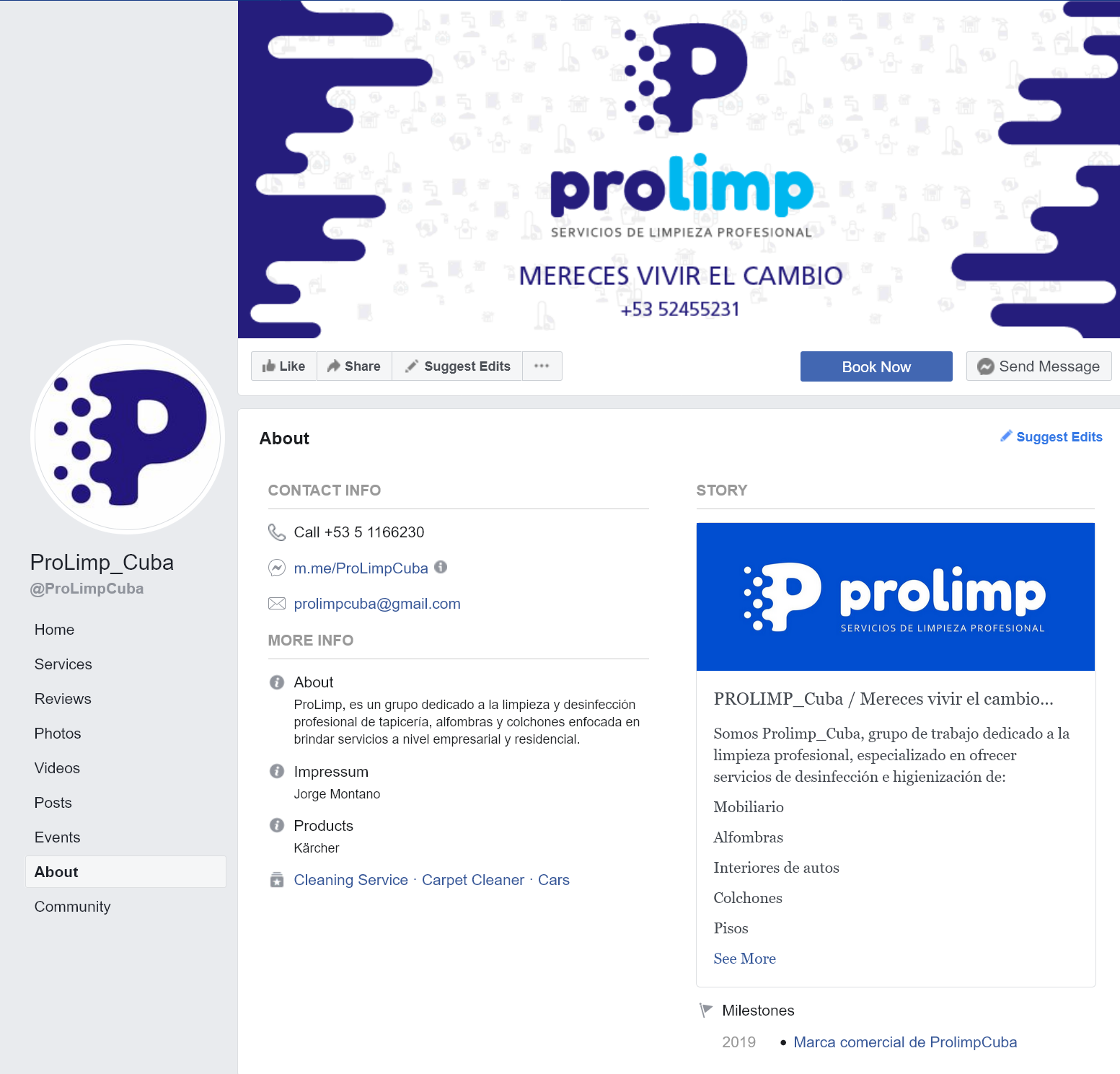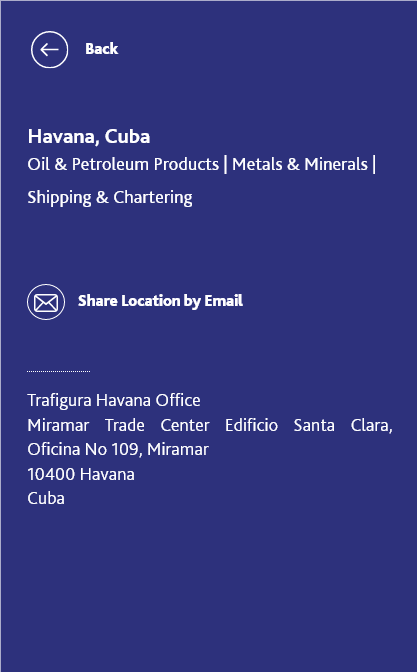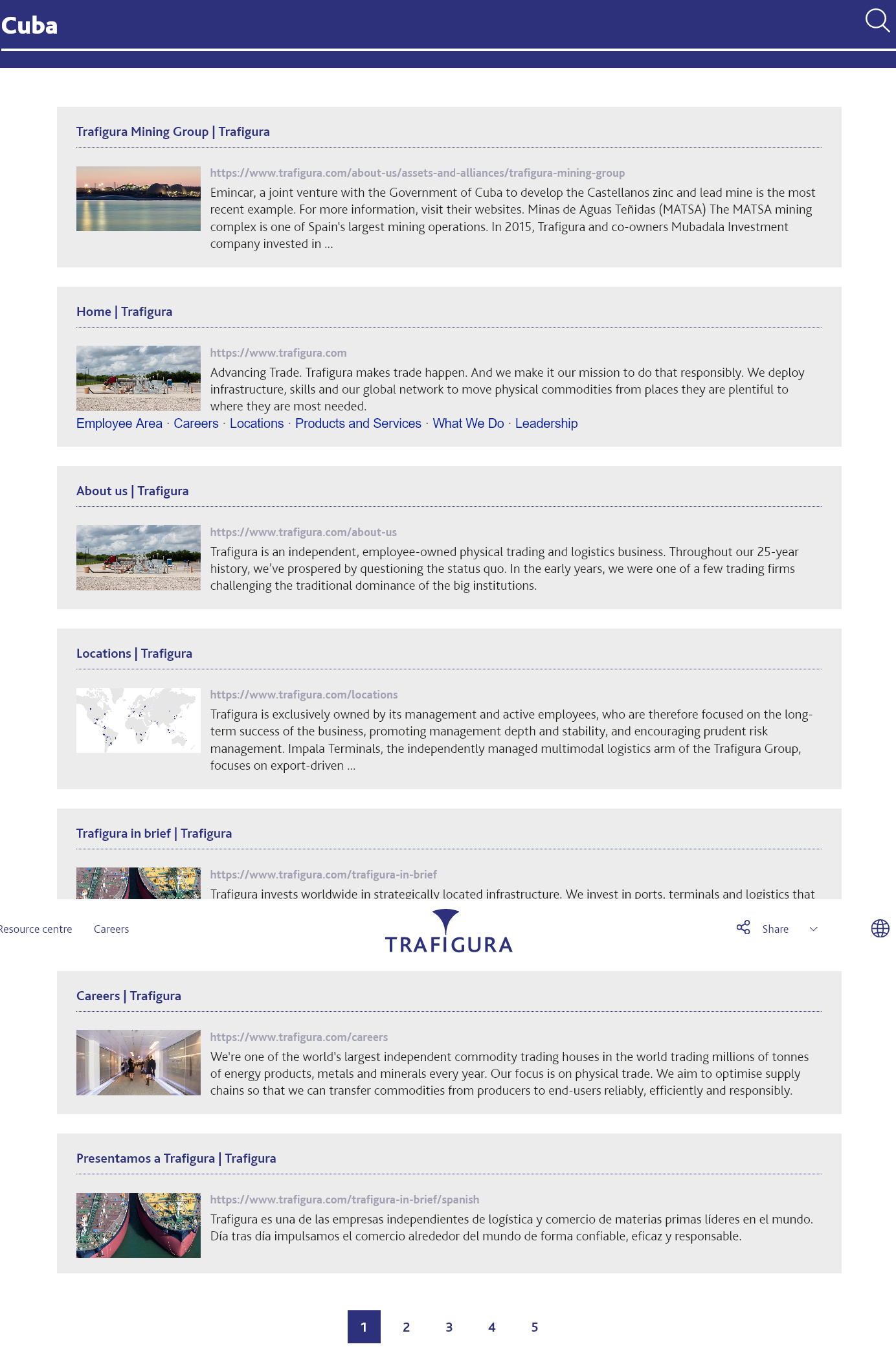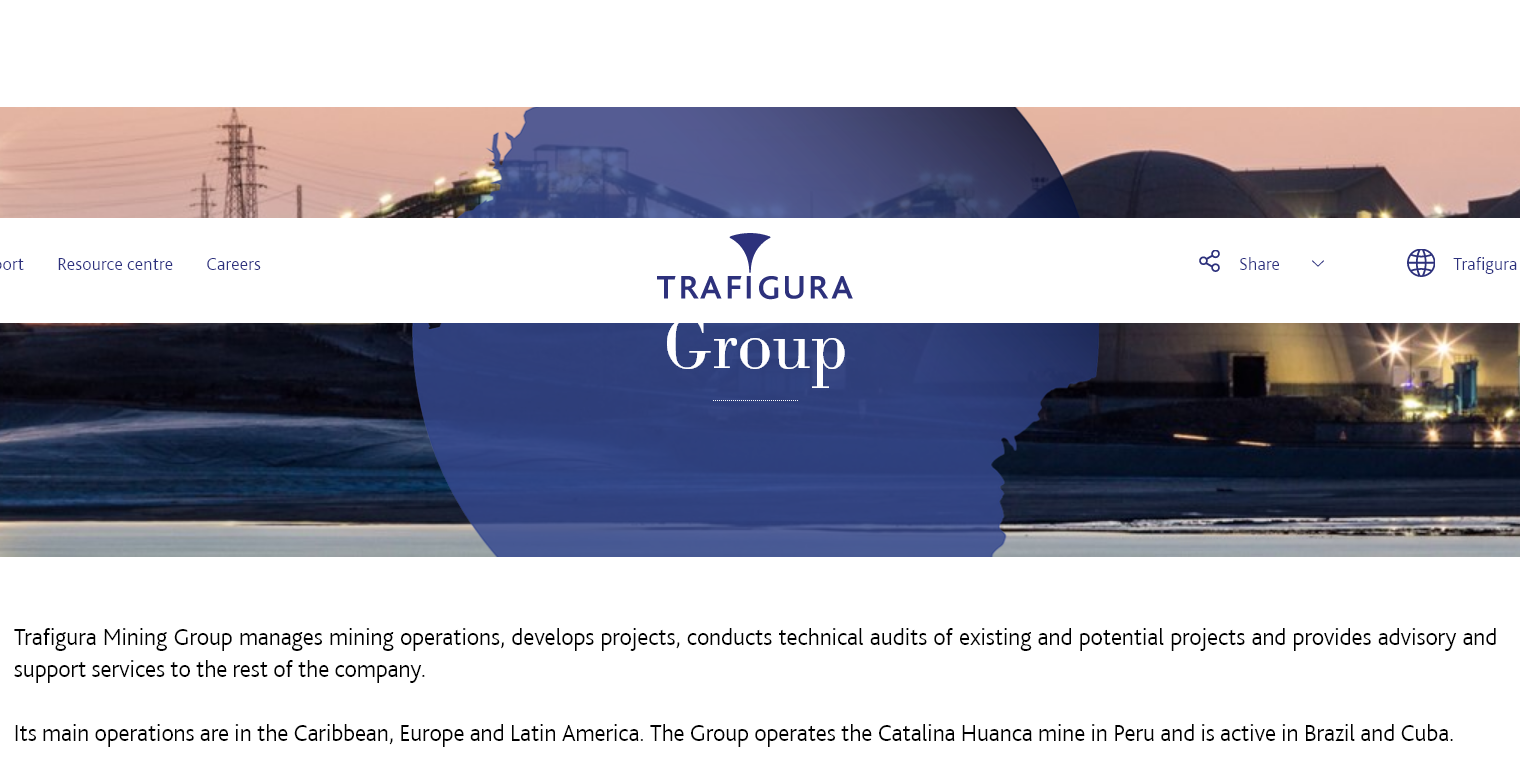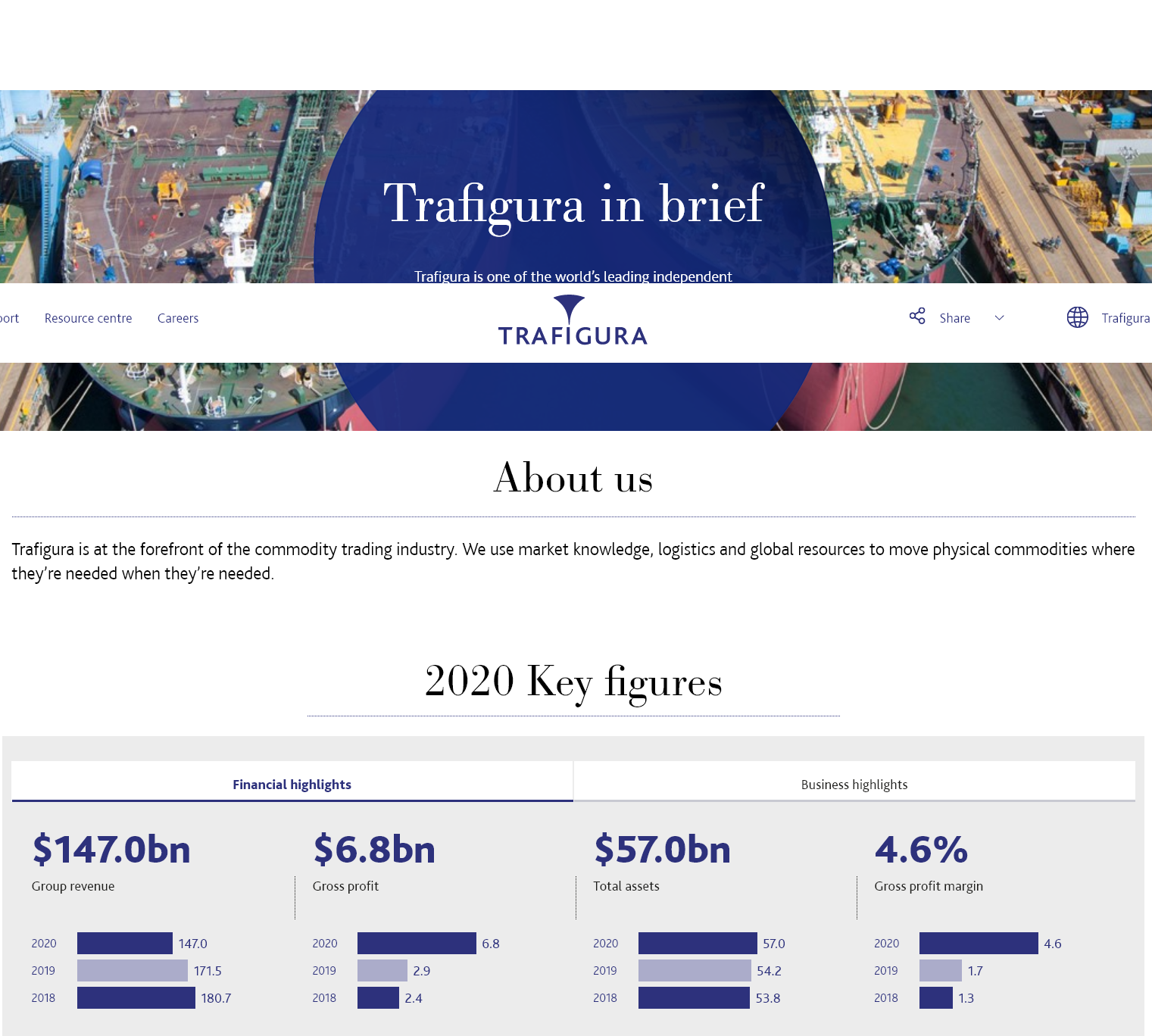Cuba Targeting Individuals Of Cuban Descent For DFI In Projects Valued At Less Than US$1 Million; Will Cuba Do Same For Individuals Not Of Cuban Descent? Biden Administration Will Support Both.
/AFP
Paris, France
10 March 2021
”HAVANA, Cuba (AFP) — Foreign-based Cubans will be allowed to invest in small projects such as rice, orange and avocado plantations, the government revealed on Wednesday in a bid to attract investment from the country's diaspora. "We're focusing on small projects ... that could be worth up to one million dollars," in sectors such as agriculture, fishing, light industry and manufacturing, said Katia Alonso, the official responsible for foreign investments. With just over 11 million inhabitants, Cuba also has a diaspora of 1.5 million people in 40 countries, although the majority live in the United States. Some had previously registered an interest in investing in the island nation but were put off by the multi-million dollar mega projects the communist government previously proposed.
These smaller projects are an attempt to convince the diaspora to take the plunge at a time when Cuba is in the midst of a severe economic crisis, with GDP having fallen 11 per cent in 2020 to its lowest level since 1993. In total the government is proposing 503 projects worth a total of US$12.07 billion. Cuba opened its economy to foreign investment following the fall of the Soviet Union, which plunged the country into a serious economic trouble in the 1990s. But the country is struggling to attract as many foreign companies as it would like as its own bureaucracy and US sanctions have discouraged many investors. According to Alonso, there are around 280 foreign companies from 40 countries operating in Cuba.”
LINK To List Of Available Commercial Opportunities
Analysis
Critical for the Biden Administration will be transparency in the process of evaluating proposals for Direct Foreign Investment (DFI) received from individuals of Cuban descent, particularly those residing in the United States.
Equally important will be for each accepted DFI proposal to be publicly disclosed with details of the DFI structure available for review by the public.
The Biden Administration and Members of the United States Congress will seek confirmation that no implementated DFI proposal includes the use of assets certified by the United States Foreign Claims Settlement Commission (USFCSC).
Libertad Act
The Trump Administration has made operational Title III and further implemented Title IV of the Cuban Liberty and Democratic Solidarity Act of 1996 (known as “Libertad Act”).
Title III authorizes lawsuits in United States District Courts against companies and individuals who are using a certified claim or non-certified claim where the owner of the certified claim or non-certified claim has not received compensation from the Republic of Cuba or from a third-party who is using (“trafficking”) the asset.
Title IV restricts entry into the United States by individuals who have connectivity to unresolved certified claims or non-certified claims. One Canada-based company and one Spain-based company are currently known to be subject to this provision based upon a certified claim and non-certified claim.
Suspension History
Title III has been suspended every six months since the Libertad Act was enacted in 1996- by President William J. Clinton, President George W. Bush, President Barack H. Obama and President Donald J. Trump.
On 16 January 2019, The Honorable Mike Pompeo, United States Secretary of State, reported a suspension for forty-five (45) days.
On 4 March 2019, Secretary Pompeo reported a suspension for thirty (30) days.
On 3 April 2019, Secretary Pompeo reported a further suspension for fourteen (14) days through 1 May 2019.
On 17 April 2019, the Trump Administration reported that it would no longer suspend Title III.
On 2 May 2019 certified claimants and non-certified claimants were permitted to file lawsuits in United States courts.
Certified Claims Background
There are 8,821 claims of which 5,913 awards valued at US$1,902,202,284.95 were certified by the United States Foreign Claims Settlement Commission (USFCSC) and have not been resolved for nearing sixty years (some assets were officially confiscated in the 1960’s, some in the 1970’s and some in the 1990’s). The USFCSC permitted simple interest (not compound interest) of 6% per annum (approximately US$114,132,137.10); with the approximate current value of the 5,913 certified claims US$8.7 billion.
The first asset (along with 382 enterprises the same day) to be expropriated by the Republic of Cuba was an oil refinery on 6 August 1960 owned by White Plains, New York-based Texaco, Inc., now a subsidiary of San Ramon, California-based Chevron Corporation (USFCSC: CU-1331/CU-1332/CU-1333 valued at US$56,196,422.73).
From the certified claim filed by Texaco: “The Cuban corporation was intervened on June 29, 1960, pursuant to Resolution 188 of June 28, 1960, under Law 635 of 1959. Resolution 188 was promulgated by the Government of Cuba when the Cuban corporation assertedly refused to refine certain crude oil as assertedly provided under a 1938 law pertaining to combustible materials. Subsequently, this Cuban firm was listed as nationalized in Resolution 19 of August 6, 1960, pursuant to Cuban Law 851. The Commission finds, however, that the Cuban corporation was effectively intervened within the meaning of Title V of the Act by the Government of Cuba on June 29, 1960.”
The largest certified claim (Cuban Electric Company) valued at US$267,568,413.62 is controlled by Boca Raton, Florida-based Office Depot, Inc. The second-largest certified claim (International Telephone and Telegraph Co, ITT as Trustee, Starwood Hotels & Resorts Worldwide, Inc.) valued at US$181,808,794.14 is controlled by Bethesda, Maryland-based Marriott International; the certified claim also includes land adjacent to the Jose Marti International Airport in Havana, Republic of Cuba. The third-largest certified claim valued at US$97,373,414.72 is controlled by New York, New York-based North American Sugar Industries, Inc. The smallest certified claim is by Sara W. Fishman in the amount of US$1.00 with reference to the Cuban-Venezuelan Oil Voting Trust.
The two (2) largest certified claims total US$449,377,207.76, representing 24% of the total value of the certified claims. Thirty (30) certified claimants hold 56% of the total value of the certified claims. This concentration of value creates an efficient pathway towards a settlement.
The ITT Corporation Agreement
In July 1997, then-New York City, New York-based ITT Corporation and then-Amsterdam, the Netherlands-based STET International Netherlands N.V. signed an agreement whereby STET International Netherlands N.V. would pay approximately US$25 million to ITT Corporation for a ten-year right (after which the agreement could be renewed and was renewed) to use assets (telephone facilities and telephone equipment) within the Republic of Cuba upon which ITT Corporation has a certified claim valued at approximately US$130.8 million. ETECSA, which is now wholly-owned by the government of the Republic of Cuba, was a joint venture controlled by the Ministry of Information and Communications of the Republic of Cuba within which Amsterdam, the Netherlands-based Telecom Italia International N.V. (formerly Stet International Netherlands N.V.), a subsidiary of Rome, Italy-based Telecom Italia S.p.A. was a shareholder. Telecom Italia S.p.A., was at one time a subsidiary of Ivrea, Italy-based Olivetti S.p.A. The second-largest certified claim (International Telephone and Telegraph Co, ITT as Trustee, Starwood Hotels & Resorts Worldwide, Inc.) valued at US$181,808,794.14 is controlled by Bethesda, Maryland-based Marriott International.
Associated Press
New York, New York
10 March 2021
Cuba se abre a inversiones, incluso de cubanos emigrados
Por ANDREA RODRÍGUEZ
LA HABANA (AP) — Cuba promovió una cartera de negocios para inversores extranjeros incorporando proyectos que requieren bajo capital e invitó a los cubanos que residen afuera del país a sumarse, un enfoque novedoso en el estricto marco comercial de la isla.
La directora de Negocios del Ministerio de Comercio Exterior, Katia Alonso, indicó el miércoles que para este año hay 503 oportunidades ofertadas a empresarios del mundo dispuestos a operar con la isla por un monto 12.000 millones de dólares, entre los que se cuentan desde grandes iniciativas de ingeniería o energía, hasta pequeños emprendimientos.
Alonso destacó el cambio de enfoque que significó incorporar negocios no tan voluminosos ni exigentes como los de la cartera de años anteriores, dando la posibilidad incluso a cubanos residentes en el extranjero de participar.
“La idea es ésa: pequeños proyectos que nos vayan resolviendo el problema alimentario y no alimentario”, expresó Alonso. “Pueden ser hasta menos de un millón de dólares los proyectos en que estamos interesados en promover y concretar”.
Aunque la ley no lo rechaza, durante décadas las autoridades cubanas fueron muy celosas a la hora de permitir a los empresarios cubanos emigrados traer sus capitales a la isla bajo la premisa ideológica de ser incompatible con el modelo socialista de la nación.
Además, el grueso de los cubanos emigrados vive en Estados Unidos --muchos protegidos como refugiados—, donde las leyes de las sanciones impuestas por Washington para presionar a La Habana les imponen limitaciones para traer su capital. El tema de la inversión de cubanos es sensible tanto en Cuba como en el extranjero.
“Han existido comentarios de que eso (la inversión de cubanos residentes en el extranjero) no se puede, pero eso nunca estuvo prohibido; ahora todo se va concatenando”, expresó Alonso, quien indicó que un punto es que en general los empresarios cubanos en el exterior no tienen tanto capital para invertir.
“Entonces estamos abogando también por proyectos pequeños y son proyectos más a la medida de los cubanos residentes en el exterior, que son personas que tienen pequeñas y medianas empresas”, agregó la funcionaria.
Alonso incluso indicó que países como China permiten a sus nativos que viven afuera reinvertir en su país de origen. Ni la cartera de oportunidades ni la ley de Inversión Extranjera aplica para los ciudadanos cubanos en la isla.
Por su parte, Idalberto Aparicio, subdirector de Negocios, explicó que ya se hizo efectivo un negocio con la inversión de un cubano residente en el extranjero --no de Estados Unidos-- con un contrato de administración en el área de producción agrícola, aunque no ofreció más detalles.
No es la primera vez que se logran acercamientos para inversionistas cubanos que viven afuera. En 2016 con el influjo del deshielo realizado por el expresidente Barack Obama hacia la isla, el empresario Saúl Berenthal comenzó las negociaciones que luego quedaron paralizadas para traer e instalar una fábrica de tractores de pequeño formato ideales para el agro cubano.
Luego, las presiones de Donald Trump desmotivaron cualquier intención inversora. Los trámites se realizan a través de una ventanilla única, explicó la directora de esa oficina inaugurada el año pasado, Anabel Reloba.
Este mecanismo busca hacer frente a una crítica de muchos empresarios en la isla que lamentan la cantidad de trámites burocráticos que exigen las autoridades. Según Reloba, desde su apertura en enero de 2020 ha realizado 186 trámites y evacuado información de otros 80 inversores potenciales.
Directivos de empresas suelen además lamentar algunos mecanismos vigentes en las leyes y que a su entender los desestimulan, como la contratación indirecta --que debe realizarse a través de una agencia empleadora estatal cubana-- o las dificultades para construir o comprar inmuebles. Reloba aclaró que tales normas seguían vigentes. Actualmente en la isla hay operando 280 compañías extranjeras de unos 40 países.
Hasta menos de un millón de dólares: los cubanos residentes en el exterior podrán realizar 'inversiones de menudeo' en Cuba
'Nunca estuvo prohibido', declaró el MINCEX sobre la posibilidad de invertir en Cuba para los cubanos residentes en el exterior.
DDC
La Habana
10 March 2021
El Gobierno de Cuba atraviesa una grave crisis económica y para ello, al parecer, está dispuesto a echar mano a todo, excepto a la liberación de las fuerzas productivas del país. Uno de sus últimos proyectos radica en la promoción de una cartera de negocios para inversores, específicamente para los cubanos residentes en el exterior, según informó la agencia AP.
La directora de negocios del Ministerio de Comercio Exterior y le Inversión Extranjera (MINCEX), Katia Alonso, dijo a AP que la idea es incorporar el capital de los cubanos residentes en el exterior pero en pequeñas inversiones.
"La idea es ésa: pequeños proyectos que nos vayan resolviendo el problema alimentario y no alimentario. Pueden ser hasta menos de un millón de dólares los proyectos en que estamos interesados en promover y concretar", dijo Alonso.
Según esta funcionaria, para 2021 su Gobierno ofertará 503 oportunidades a los empresarios internacionales dispuestos a operar en Cuba, por un monto de 12.000 millones de dólares. Dichas ofertas incluyen inversiones en el sector de la minería, de la energía y también de "los pequeños emprendimientos".
Alonso confesó confiar en lo efectivo que serán las nuevas ofertas de inversión que, a diferencia de años anteriores, no incorpora negocios que exigen grandes sumas de dinero.
"Han existido comentarios de que la inversión de cubanos residentes en el extranjero no se puede, pero nunca estuvo prohibido; ahora todo se va concatenando", señaló la funcionaria, quien aseguró también que en general, los empresarios cubanos en el exterior no contaban con mucho capital para invertir.
Sobre esto, el subdirector de Negocios del MINCEX, Idalberto Aparicio, anunció que ya se hizo efectivo un negocio con la inversión de un cubano residente en el exterior en materia agrícola. Dicho cubano, cuyo nombre no fue revelado, no reside en EEUU.
Si bien es cierto que las inversiones de los cubanos emigrados no están prohibidas en la Ley de Inversión Extranjera, el Gobierno aprueba esos negocios uno a uno y la regularidad ha sido rechazar las propuestas de los exiliados.









